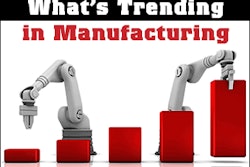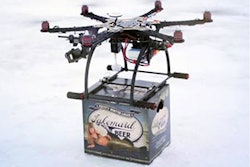SAN FRANCISCO (AP) -- San Francisco officials again are trying to improve residents' health and raise money for government coffers by taxing soda and other sweetened drinks, an effort that's previously failed to gain traction locally and in other U.S. cities.
Four city lawmakers announced Saturday that they are introducing legislation that would impose a 2 cent-per-ounce tax on soft drinks, sports drinks and energy drinks. If passed by the full 11-member Board of Supervisors, the measure would go before local voters for approval or rejection in November.
The tax would be levied on beverage distributors and retailers who obtain their products directly from manufacturers. Officials estimate it could generate as much as $31 million a year.
Under the proposal set to be introduced Tuesday, the money would have to be used to fund recreation and nutrition programs in schools and at recreation centers, public bottle-filling and drinking fountains, healthy food services and dental health initiatives.
"We are experiencing an epidemic of health problems caused by sodas and other sugary beverages — including diabetes and obesity afflicting adults, teenagers, and even young children — and we have a responsibility to act to confront this escalating public health challenge," Supervisor Scott Wiener, one of the measure's backers, said. "Just as taxes drove down tobacco use, a small tax on sodas and other sugary beverages will reduce consumption and expand access to active recreation and nutrition education for children and adults."
Other cities already have tried creating taxes or other disincentives in an attempt to reduce soda consumption and rates of diabetes and obesity. Former New York Mayor Michael Bloomberg was lauded, then lampooned when he failed to persuade the state Legislature to enact a penny-per-ounce soda tax and tried banning the sale of soda containers larger than 16 ounces, a move quashed by a state appeals court.
San Francisco also has visited the issue before. Former Mayor Gavin Newsom floated the idea in 2009 of charging large retailers a fee on the sugary drinks they sold. He abandoned the plan a year later, citing opposition from the business community. In 2012, voters in two other California communities, Richmond and El Monte, rejected a penny-per-ounce tax on businesses that sold sugary drinks.
Supporters of the city's latest effort predicted Saturday that the beverage industry would spend big to defeat the 2-cent tax in the likely event that it is put before voters.
"They may have a lot of money, and they're already out there with their fake Astroturf campaign," Wiener told the San Francisco Chronicle, referring to the antithesis of a grassroots effort. "We have actual facts and science on our side."
A new anti-tax campaign advocacy group funded by the American Beverage Association, called Coalition for an Affordable City, already has a website urging San Francisco residents to lobby against the proposal.
"This is not just a tax on soda. This is a tax on juice drinks, ice teas, powdered drinks, sports drinks, and hundreds of other beverages," the site states. "The last thing we need is a tax that makes it even more expensive to live and work in San Francisco."






















